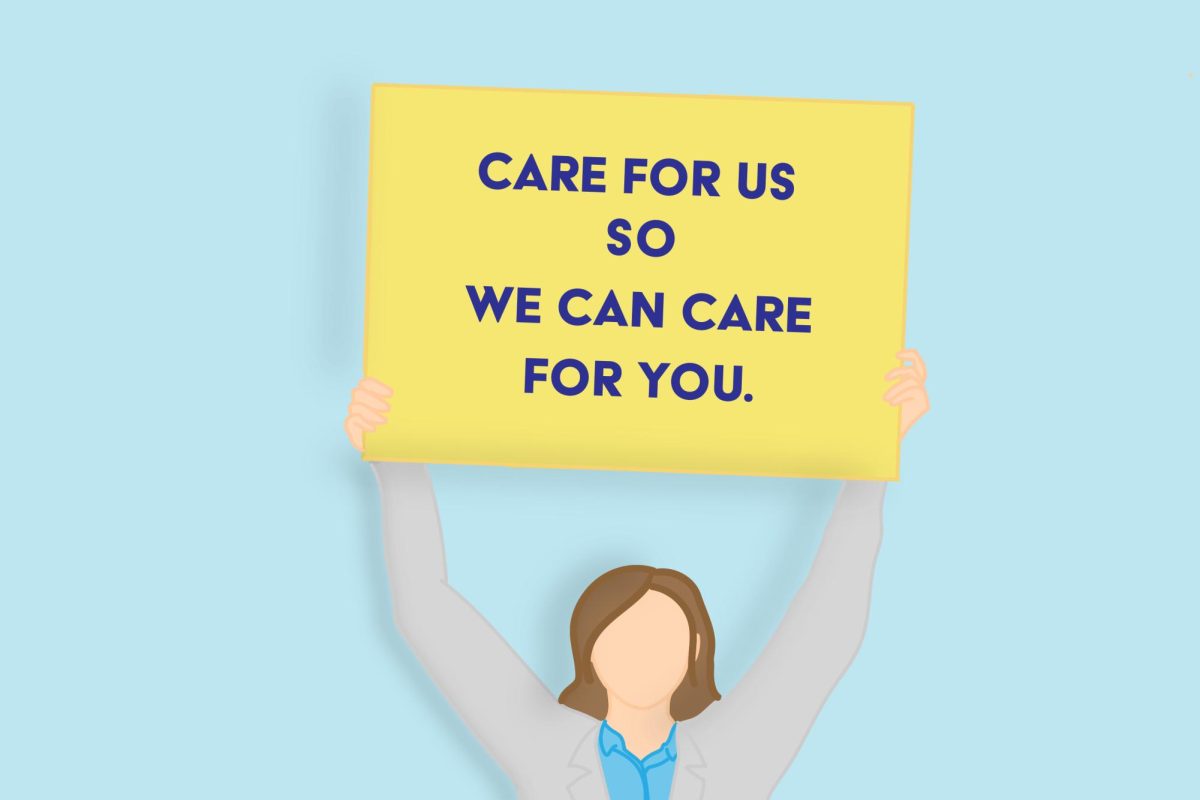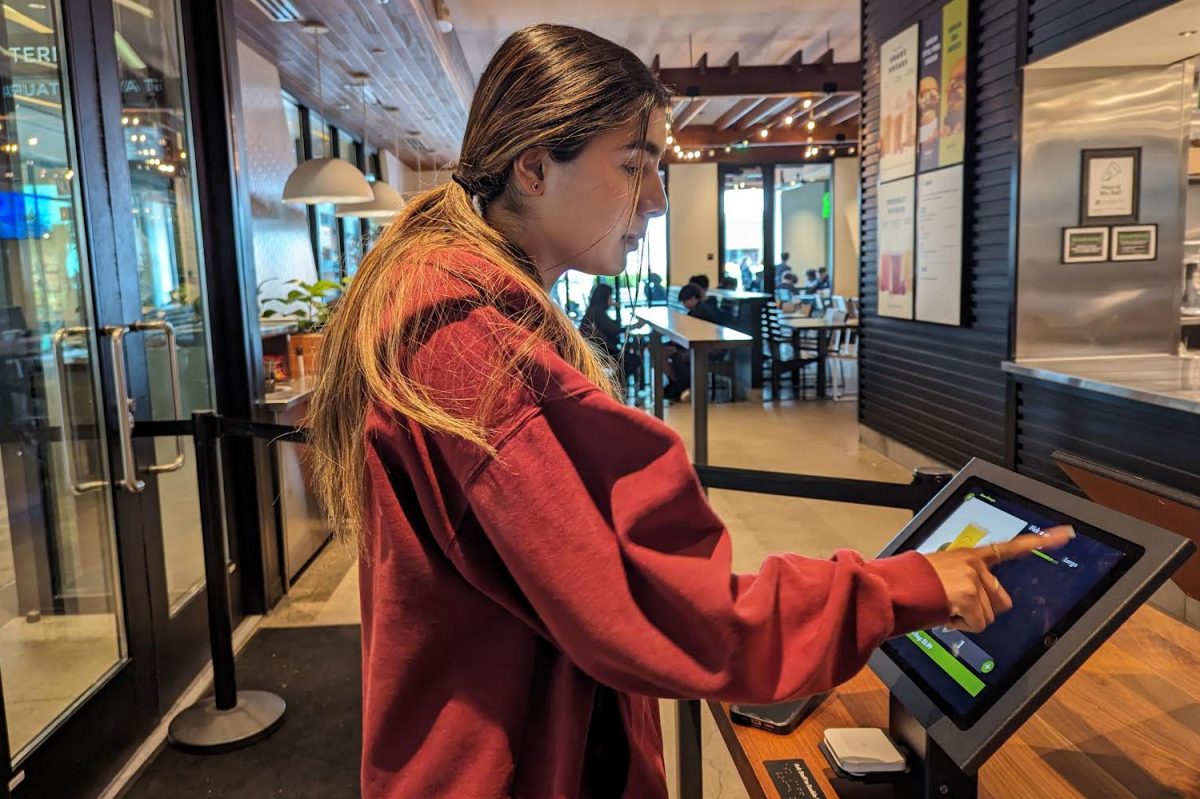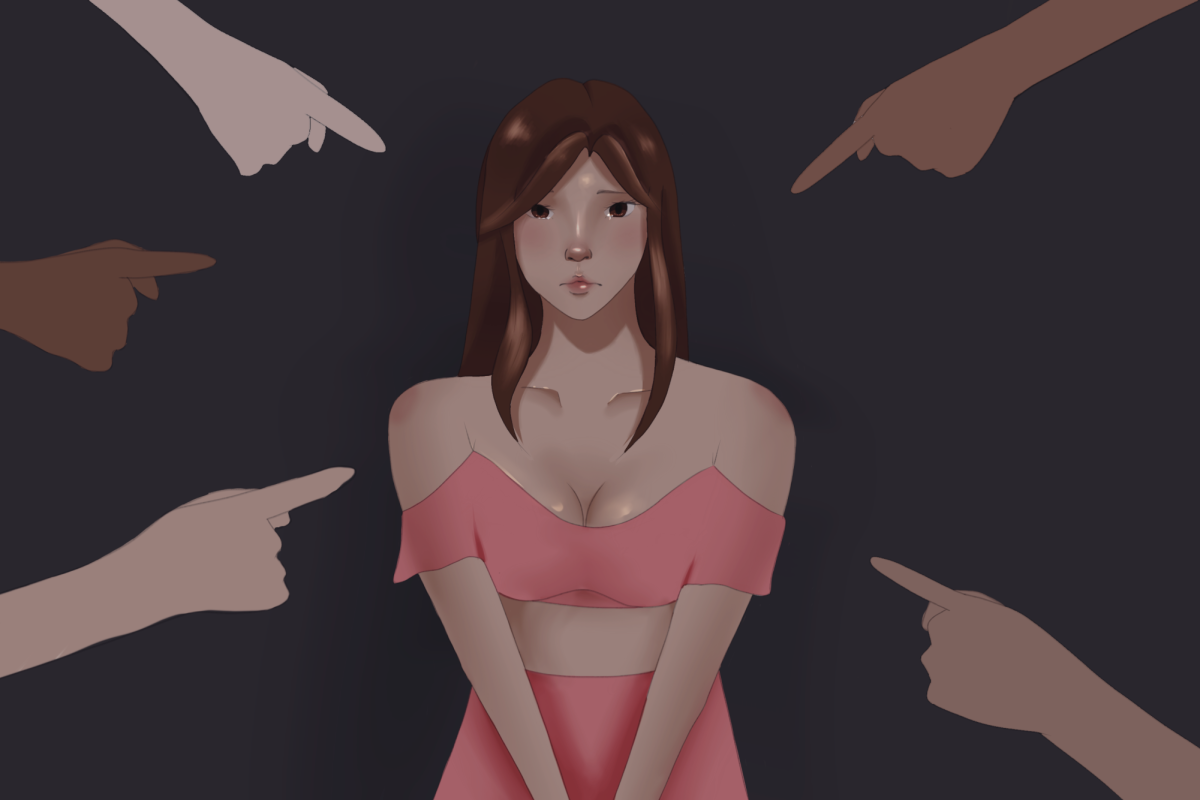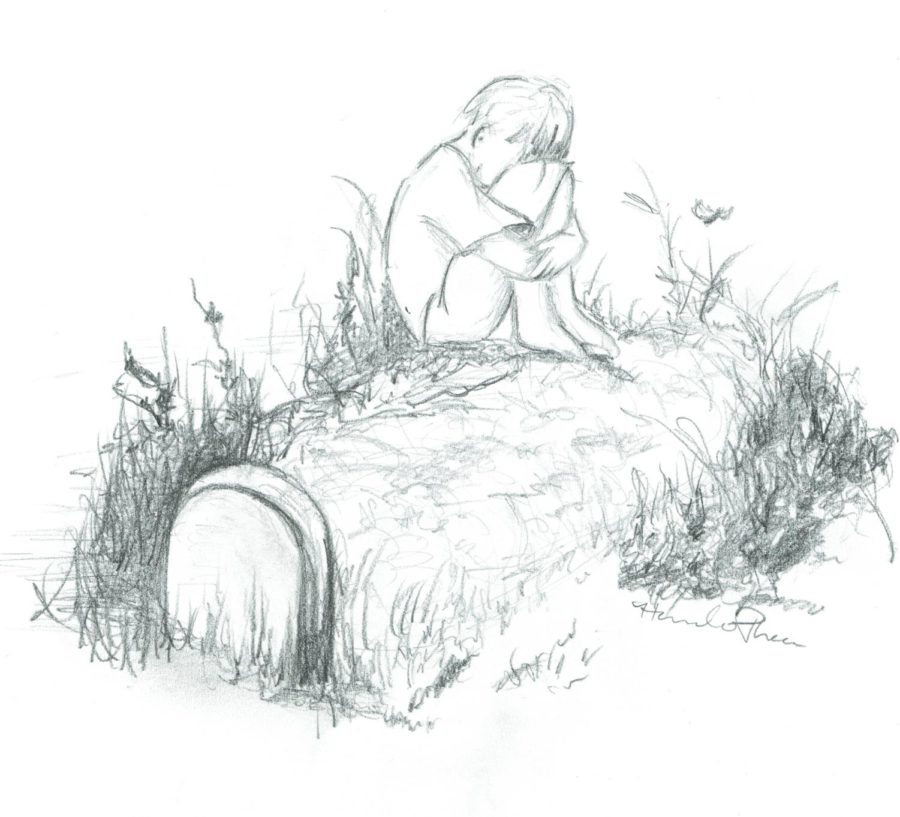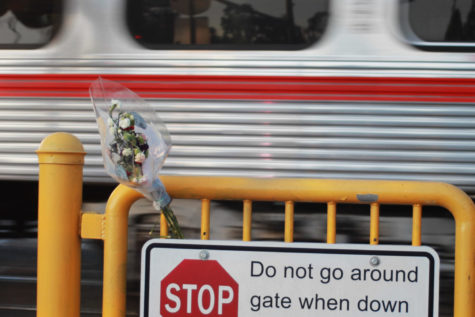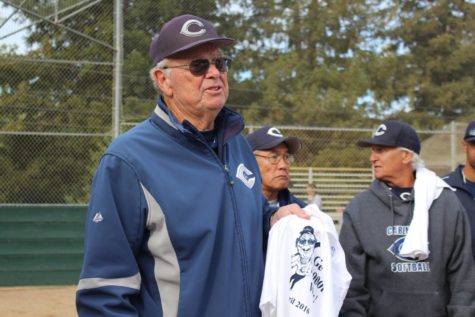When people die you’re supposed to feel sad.
But why do we miss people so much more when they’re gone than when they’re here?
You’re supposed to mourn and grieve until you’re able to move on. However, sometimes the overbearing feeling that comes with losing a loved one isn’t sadness, it’s regret.
Regret is the unsettling feeling of guilt and disappointment over a loss or missed opportunity.
The regret or guilt can come from many different things; whether it’s not being able to say goodbye, never making amends, or wishing we’d done something differently.
According to Grief Healing, a blog that gives individuals advice on how to cope with death, “Unfortunately, guilt is a natural and common component of grief. When someone you love dies, it’s only human to search for an explanation, to look at what you did or did not do, to dwell on the what if’s and if only’s.”
The idea of someone that you loved and cared for being gone is not an easy concept to understand. Especially if that person is someone you’re with on a regular basis and is frequently involved in your life. And then just like that, you never see them again.
In some cases, after the loss of someone who didn’t change your life significantly, the feeling of regret can still be unsettling and there is a sense of guilt.
And that feeling of repentance may come from the lack of closure or the unsettling feeling that their absence affects so many other people.
The whole concept of death is surreal within itself, and it’s never easy to cope with.
There are so many emotions that come with it: anger, sadness, love, shock, disbelief.
It’s not always that we miss them being with us, it’s that we literally miss what we could have done differently, which is what drives the feeling of guilt.
Although we don’t know when we may see someone last, it’s also unhealthy to live a life constantly thinking “this could be the last time I ever see you.”
But this is not easy because the reality is that this could be the last time you ever see someone.
That is where the fear of uncertainty comes in.
Uncertainty goes hand and hand with time. Time is constant, always moving forward, and it’s impossible to go back and redo something. That’s the scary part.
When someone dies, people begin to realize that they can’t fix the past and they can’t go backwards and appreciate that person more.
When people die you always hear “I wish I could’ve said goodbye,” or “I wish we could’ve done this.”
Guilt is a normal feeling, and people feel guilty because they are guilty. Humans make mistakes, and when someone dies, we are reminded of them.
“Guilt is a powerful emotion. It can hold us in bondage, isolate us and alter how we look at the world. Realistic guilt exists when we have done something we knew was wrong, but we may also unrealistically blame ourselves for things over which we had no control. Guilt causes us to punish ourselves and keeps us focused on the past,” according to Transitions LifeCare, a health website.
We suppress a lot emotions and pain from our memories, but a close loss can cause these emotions to erupt in different ways.
Moving on requires acceptance, which becomes more difficult when there is unfinished business. These barriers can range from never making amends with a lost friend to never being able to finish something that one started.
The feeling of agony applies to more than just death. Someone moving away or switching schools can have a large emotional impact because of the fact that we do not appreciate the people in our lives while they are with us.
We need to recognize that it’s important to love all the people in our lives a little more and take advantage of the things that we do have, rather than complaining about the things that we don’t.

